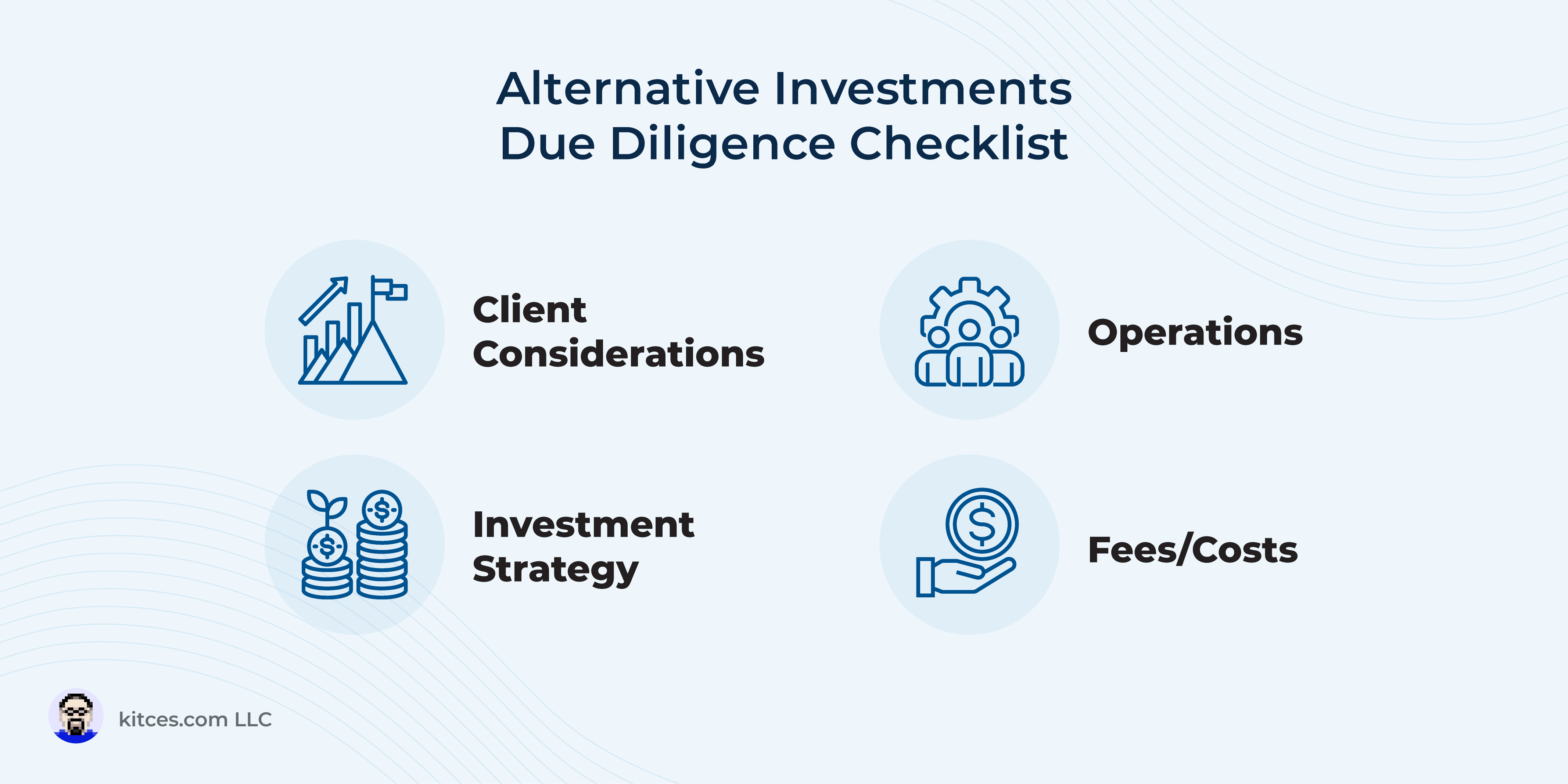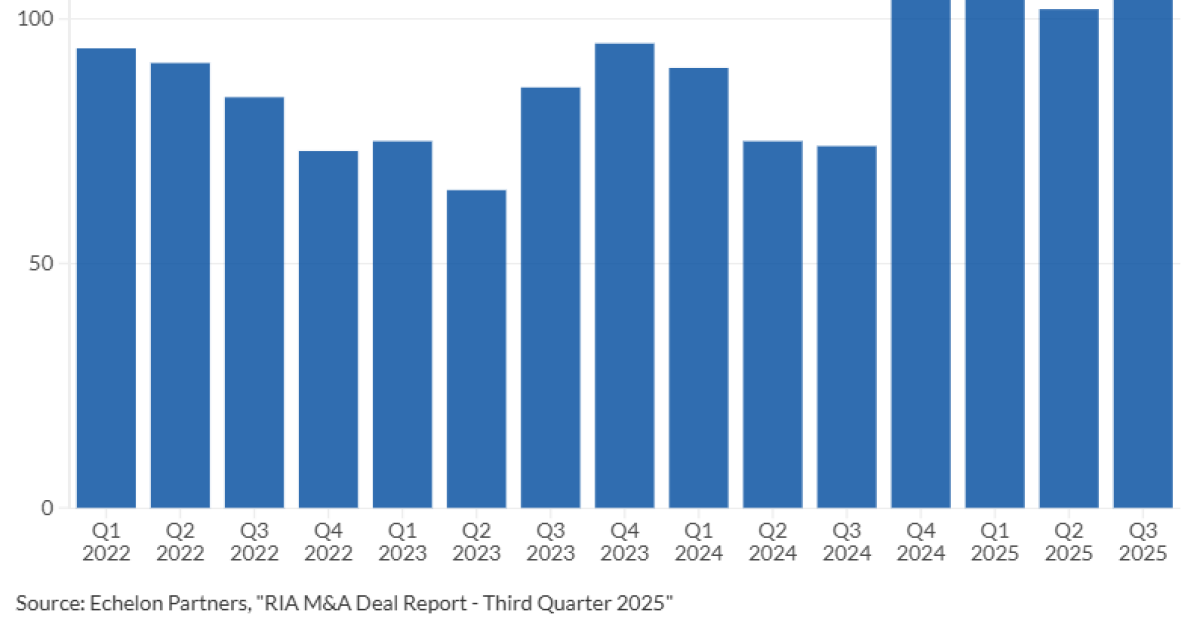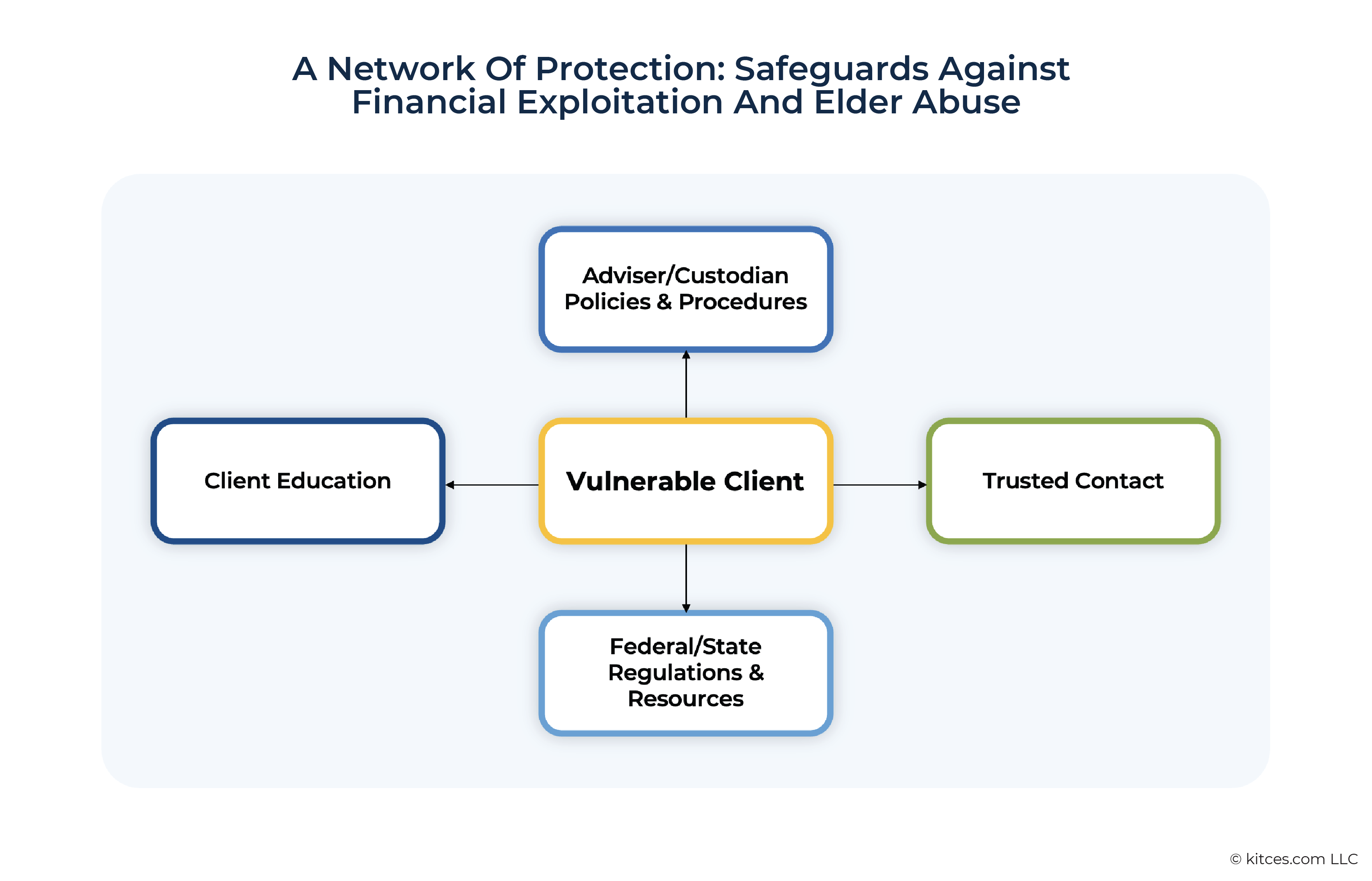For financial advisors bound by a fiduciary duty, acting in the client’s best interest goes beyond avoiding conflicts of interest: it also requires a duty of care. This means prudently evaluating whether an investment is suitable and fully understanding what’s being recommended. It follows that the more complex or opaque an investment is, the more due diligence work is required to have a “reasonable basis” to believe a recommendation is in the client’s best interest. As alternative investments have become more accessible to retail investors – and more aggressively marketed to financial advisors – cutting through the marketing noise to evaluate each potential investment on its own merits has also become more difficult.
The SEC has made clear that fulfilling the duty of care requires a documented due diligence process. In a 2023 Staff Bulletin, the SEC outlined essential considerations for evaluating an investment’s appropriateness, including its objectives, cost structure, risk profile, liquidity, tax implications, and portfolio role. However, there is no one cookie-cutter process; the level of scrutiny an advisor applies must scale with the investment’s complexity. Publicly available research tools (e.g., Morningstar) may suffice for evaluating straightforward products like index ETFs. But as advisors move up the complexity curve to alternative investments like options strategies, hedge funds, or private equity, the due diligence bar rises dramatically. Advisors must go deeper, not only in understanding the mechanics of a product, but also in stress-testing assumptions, vetting management, and evaluating operational integrity.
Private fund investments, such as private equity and private credit, present unique challenges. Technology platforms like CAIS and iCapital have lowered barriers to entry, and fund managers are tapping new pools of capital, leaving advisors flooded with opportunities to access products that were traditionally exclusive to institutional and high-net-worth investors. However, there’s a critical distinction between access and appropriateness. Unlike public markets, there’s no index for private funds: each is actively managed, often opaque, and highly variable in performance. Picking the wrong fund could lock up client capital in a poorly managed or even fraudulent investment with limited recourse – up to and including total loss. Advisors must therefore assess not only whether private investments make sense at the category level (given their illiquidity and downside risk), but also whether individual managers have credible strategies, sound operations, and fee structures that don’t unduly erode returns.
Effective due diligence on private funds therefore requires a multi-layered analysis. At the client level, advisors must evaluate risk tolerance, liquidity needs, and whether simpler public-market solutions could meet the same goals. At the manager level, advisors must evaluate investment strategy, operational controls, and costs. Additionally, going beyond a fund’s marketing materials is necessary to verify its stated investment strategy and adherence to it, ensure third-party oversight exists for fund accounting and audits, and analyze its fees and costs (including its provisions around leverage, incentive hurdles, and ‘catch-up’ provisions). As illustrated in a 2014 SEC Risk Alert, useful due diligence practices include demanding position-level transparency, conducting background checks, and even vetoing investments based on operational red flags.
The key point is that most alternative assets were historically limited to institutional investors presumed to have the resources to evaluate complex and risky investments – and when advisors recommending alternatives, they assume that evaluative responsibility. Outsourcing parts of the due diligence process to third-party providers like outsourced CIOs can help, but the fiduciary responsibility remains with the advisor. Ultimately, due diligence – whether outsourced or internal – must be thorough enough to reasonably justify that a given investment is in the client’s best interest, protecting clients from unsuitable or dangerous investments and reinforcing the advisor’s role as a prudent steward through thoughtful, well-informed recommendations.
Read More…




























